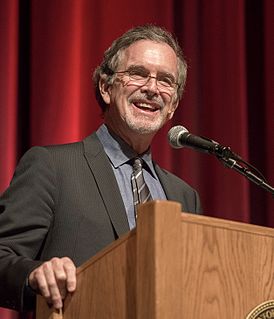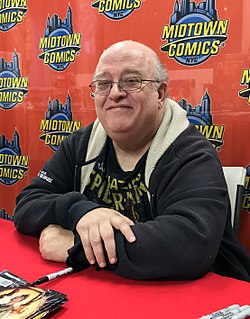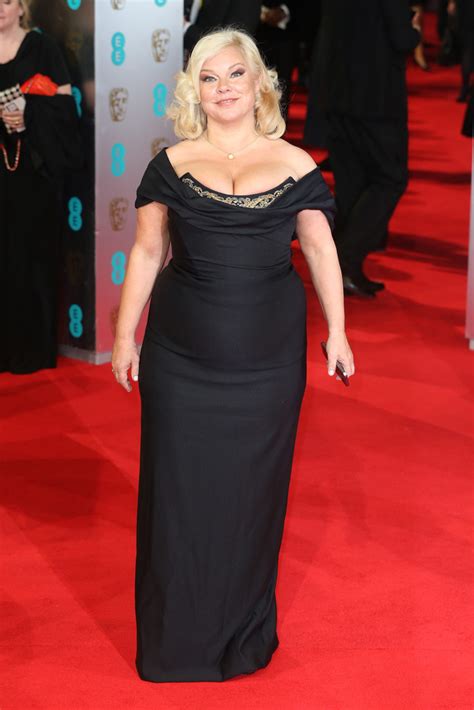A Quote by Garry Trudeau
That's what fiction writers do: create characters and do terrible things to them for the entertainment of others. If they feel guilty enough, they write happy endings.
Related Quotes
People relate to things that feel real to them. All the good, happy, over-sexed and moneyed endings on TV are not the way most of us feel in our lives. The success of 'E.R.,' I think, is not relying on overly sentimental stories that are solved where people's lives wrap up nicely with happy endings.
Okay, this is Fran Lebowitz. She gave an interview once for the Paris Review about trying to write fiction and saying that fiction writers start talking about how characters are talking to them, and it's crazy, she's never had that. And I also thought, I'm never gonna be able to do this, because I didn't feel that for a really long time.
Authors also create lovable, friendly characters, then proceed to do terrible things to them, like throw them in unsightly librarian-controlled dungeons. This makes readers feel hurt and worried for the characters. The simple truth is that authors like making people squirm. If this weren't the case, all novels would be filled completely with cute bunnies having birthday parties.
I don't believe that fiction is dead. I know there are some people who believe that it's an outdated art form, and that to express truth today you need to work in different forms, to write books where it's perhaps not clear what's fiction and what's memoir. I have nothing against those books and love many of them very much. But we have enough space for everyone, traditional realists and hybrid writers, and experimental writers all.
Audiences like to be made to feel that there is a world where things go right: where big emotions can happen and yet feel safe. This is why there is a constant tension in Hollywood between studios who want happy endings and writers who want to explore the human condition. There is a time and a place for both!
I really need to know where I'm going with fiction to write it in a way that at least I'm happy with. And I really think that a lot of fiction books end badly because terrific writers said, "I'll just figure it out" and plunge in, but have created so many problems that they are kind of impossible to solve. I mean, I'm talking really good writers do this and you can tell when they got to the end they either had to do something preposterous or they just don't really resolve things. So for fiction I spend a lot more time outlining and for humor I really don't do much of it.



































